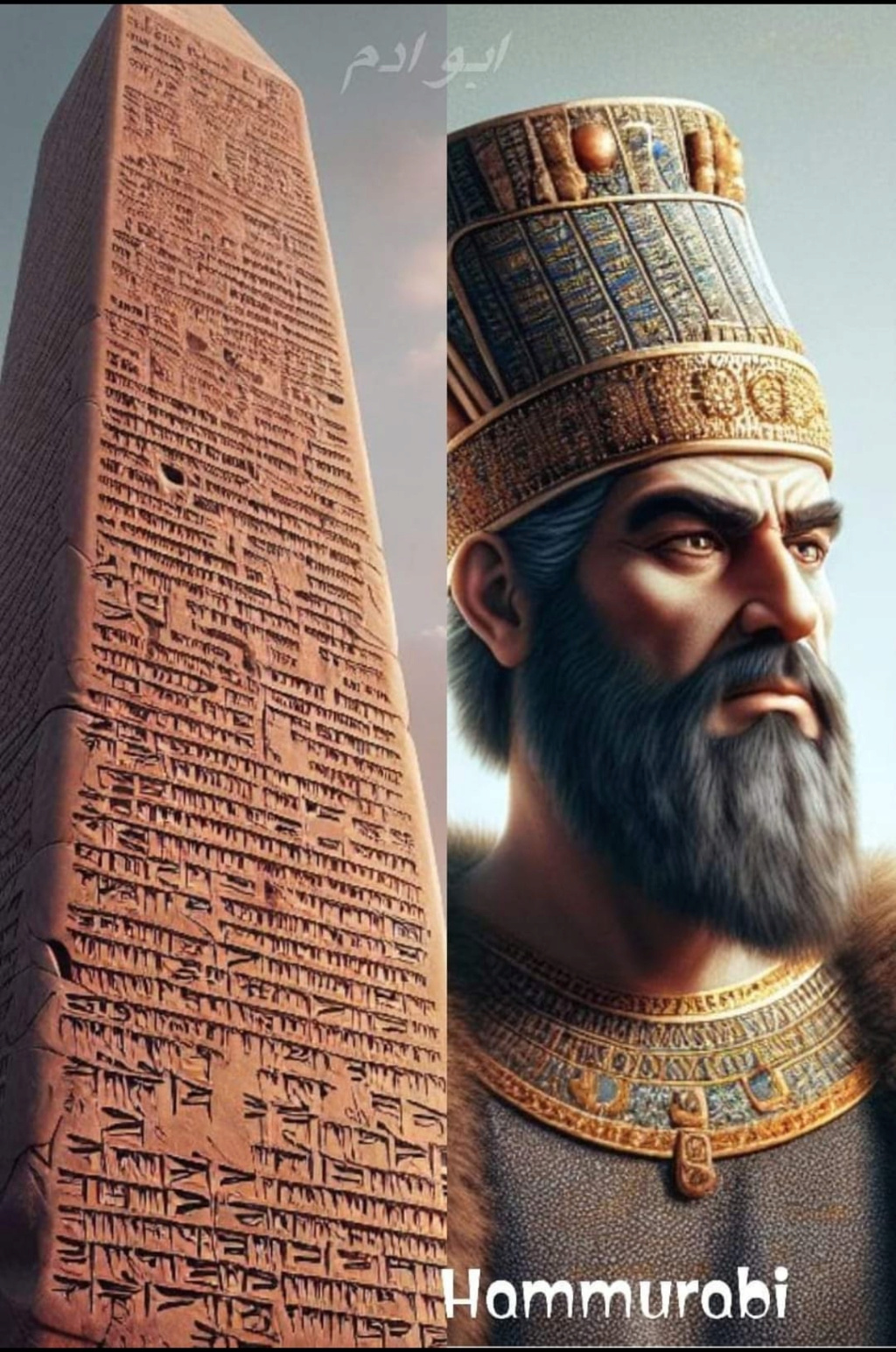King Hammurabi

Hammurabi was a "shrewd statesman," according to Kelly Ann Diamond, a visiting assistant professor of history at Villanova University, whose expertise includes ancient Near Eastern history and archaeology. It explains how the ancient king skillfully maneuvered his way to dominance.
“Hammurabi had no problem forming alliances and then breaking them as he saw fit,” Diamond says. “He had a complex network of diplomats and spies working for him to be the most learned ruler in the region.”
During most of his reign, Hammurabi relied on diplomacy to advance Babylon's interests, while building his army. He did not resort to force until later years. It was a long-shot game, but he had time to play it, as he was crowned at a much younger age than the kings of the region
While Hammurabi may have been one of the first great political propagandists in history, the image he created was not all hype. He was a truly benevolent ruler who wanted his subjects to have a better life. In the old king's correspondence with his officials, it is explained that anyone who felt he had been mistreated by his court could apply to the king for a reprieve.
As biographer Van de Mieroop wrote, “He ensured that all people were judged fairly and did not have to fear his authority.”
Hammurabi's legal system included features that are familiar today, such as the principle that evidence must be gathered and evidence established in order to convict someone of a crime. Diamond says: “The idea of ‘innocence until proven guilty’ is still in effect today in all the laws of the world.”
Source: websites

